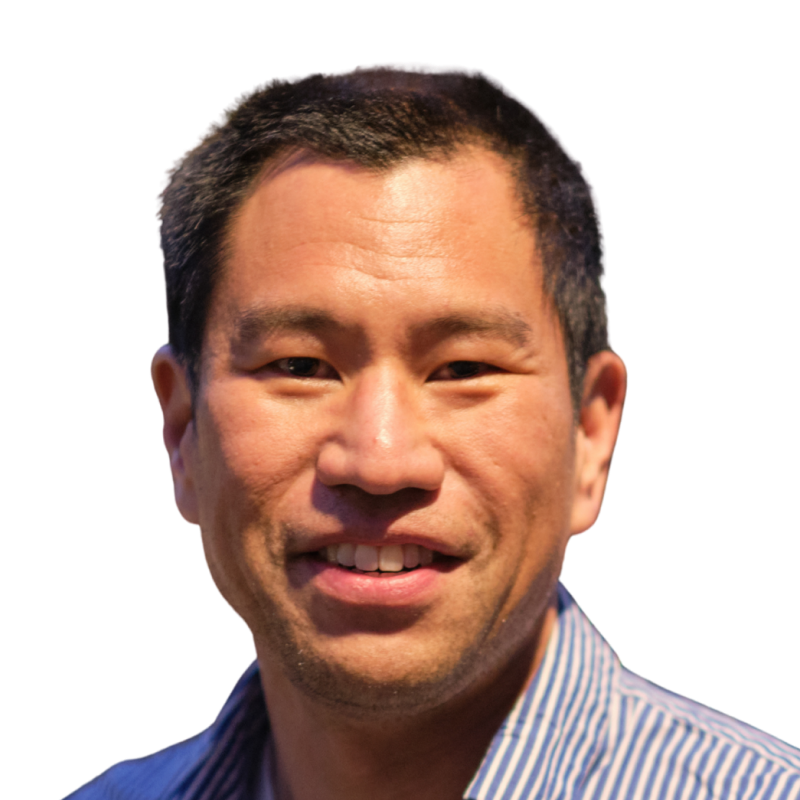Show Notes
"I feel fortunate that my friends and I built something together back then—even if it started with murals and late nights, it taught me about creativity, risk, and teamwork."
Part 1 of 4 of our conversation with Jimmy Sastra, CEO and co-founder of Monomer Bio.
In part 1, Jimmy discusses his early life growing up in the Netherlands, what moving to Japan was like, and how his experiences at Penn studying to become a bioengineer led to founding his startup, Monomer with the mission to empower scientists through smarter automated lab solutions.
Shaped by his father’s engineering legacy at Philips and ASML, Jimmy recalls the lessons in creativity and resilience that guided his path from the University of Pennsylvania to a PhD in robotics.
Key topics covered:
- Growing up with an engineer father and it's impact on Jimmy's career path
- Moving between The Netherlands, Japan, and the U.S.
- How graffiti turned creativity into problem-solving instincts
- How UPenn and his robotics PhD honed his discipline
- Why his vision to automate labs and empower scientists came to life
Prefer video? Watch the full episode on YouTube:
Resources & Articles
- Good to Great: https://www.jimcollins.com/article_topics/articles/good-to-great.html
- The Innovator’s Dilemma: https://www.hbs.edu/faculty/Pages/item.aspx?num=46
- The World Is Flat: https://www.thomaslfriedman.com/the-world-is-flat-3-0/
- Emotional Intelligence: https://en.wikipedia.org/wiki/Emotional_Intelligence
- Mark Yim’s Robotics Lab at UPenn: https://www.grasp.upenn.edu/people/mark-yim/
Organizations & People
- HKUST: https://hkust.edu.hk/
- TileDB: https://tiledb.com/
- MIT: https://www.mit.edu/
- Intel: https://www.intel.com/
- Boston Dynamics: https://www.bostondynamics.com/
- Xerox PARC: https://www.parc.com/
- University of Pennsylvania: https://www.upenn.edu/
- Robot Operating System: https://www.ros.org/
- Strateos: https://strateos.com/




